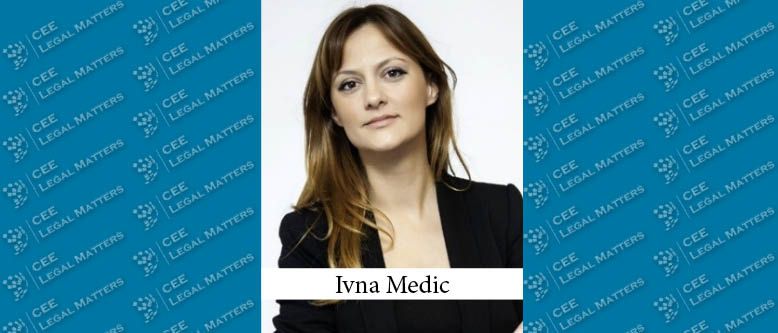“Croatia has had a wave of NPL transactions which have left behind a need for more lawyers to manage the sold loan portfolios as case managers,” says Ivna Medic of Kallay & Partners in Zagreb. She reports that the Croatian businesses have recognized the need for lawyers as compliance officers and that more and more lawyers are accepting such positions.
Continuing her analysis of the legal industry in Croatia, Medic says that the market is experiencing a generational shift, with "the focus switching from the older, full-service law firms to their junior partners or senior associates launching spin-offs with their own firms.” There are new offices opening, though the “older and bigger firms are still dominating the high-value private sector.”
Medic reports that expectations are high for Croatia’s new Enforcement Act, which is “currently scheduled for the second reading in front of the Parliament and [which] contains quite major changes, all in order to make the enforcement procedure more flexible and economically rational.” The changes, she says, are expected to “resolve some practical issues” and to “finally resolve the issue of the powers of public notaries within the enforcement procedure.” In addition, going forward the enforcement procedure in Croatia will have to be “initiated and managed using electronic means of communication and the use of prescribed forms,” which she says should simplify the process as a whole.
Medic describes the real-estate sector in Croatia as “very active, even with prices being at their highest level from the last few years, in both the commercial and residential sectors.” The NPL market is growing as well, she says, and is quite active with “huge interest from different funds and companies that are being established for just this purpose.” She rounds up her assessment of the economy by citing ”major investments made in tourism, especially on the coastline” and reporting that “the metal and wood processing sectors are growing as well.”
“As for infrastructure projects in Croatia taking place currently,” Medic says, “I’d have to mention the upcoming construction of solar power plants in Cres, Vis, and Vrlika, and the purchase of the solar power plant in Kastelir, which is just the first stage of a HRK 750 million investment that is scheduled to occur by 2023.” In addition, she says, this year “the agreement to construct a bridge over the Sava River near Gradiska was finally signed,” following initial agreements between Croatia and Bosnia and Herzegovina back in 2011. The estimated value of the project is EUR 30 million and it is expected to be finished within two and a half years.
Finally, Medic assesses the current political situation in Croatia. “We have a presidential election in two and a half months,” she says, “so everybody is more or less focused on this, but I personally do not see that it will have any – or at least any serious – impact on business. Public perception is that the President of Croatia does not have great influence on the economy, therefore, it is not expected that the election results will influence business in any significant way.”

















